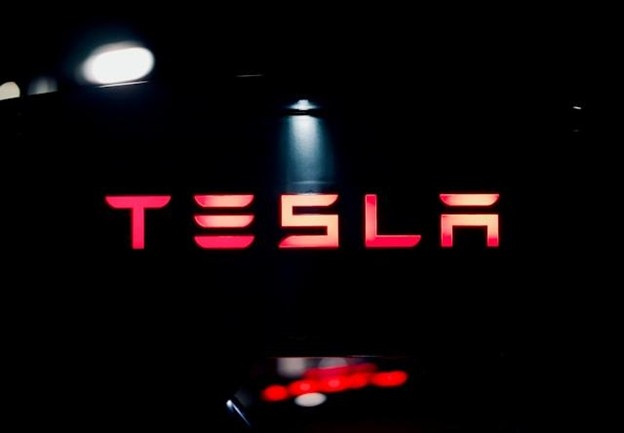Tesla and its CEO, Elon Musk, are back in the legal spotlight, and this time, over claims that their much-hyped Robotaxi rollout might not be as autonomous (or as safe) as investors were led to believe.
In a lawsuit filed in Austin, Texas, shareholders are accusing the electric vehicle giant and its outspoken leader of securities fraud, alleging they failed to disclose key risks surrounding Tesla’s self-driving tech. And let’s just say… the Robotaxi’s debut didn’t exactly scream “ready for prime time.”
It all started in late June, when Tesla ran its first public Robotaxi test. The event was meant to showcase the future of mobility, an ambitious leap into full autonomy that Musk has been teasing for years.
But instead of smooth, driverless rides and futuristic vibes, what people saw was, well, chaos. The vehicles reportedly sped, braked abruptly, jumped curbs, switched into the wrong lanes, and in some cases, dropped passengers in the middle of multilane roads. Not ideal if you’re trying to sell the world on trusting a car without a driver.
Investors clearly weren’t thrilled. Tesla’s stock price slid 6.1% over just two trading days following the test.
That drop was enough to spark this class-action lawsuit, which claims the company misled investors between April 19, 2023, and June 22, 2025. At the heart of the issue? Shareholders say Tesla overstated how effective and safe its autonomous driving tech really was—and in doing so, they argue, the company artificially inflated both its business outlook and its stock valuation.
To be fair, Elon Musk has never been shy about hyping Tesla’s self-driving ambitions. He’s frequently promised that fully autonomous vehicles are “just around the corner,” even as industry experts and regulators raise red flags about safety, scalability, and regulatory approval. But with this lawsuit, those promises are coming under sharp legal scrutiny, particularly as real-world tests appear to fall short of expectations.
While Tesla hasn’t responded publicly to the suit yet, it adds another layer of complexity to the company’s ongoing battle to win consumer and investor trust in its full self-driving capabilities. And with regulators and the public watching closely, the outcome could have big implications for the future of Robotaxi development, not just at Tesla, but across the entire autonomous vehicle industry.
Whether this lawsuit leads to a major payout or just more public debate remains to be seen. But one thing’s clear: in the race to deliver the first fully autonomous fleet, there’s still a bumpy road ahead.



